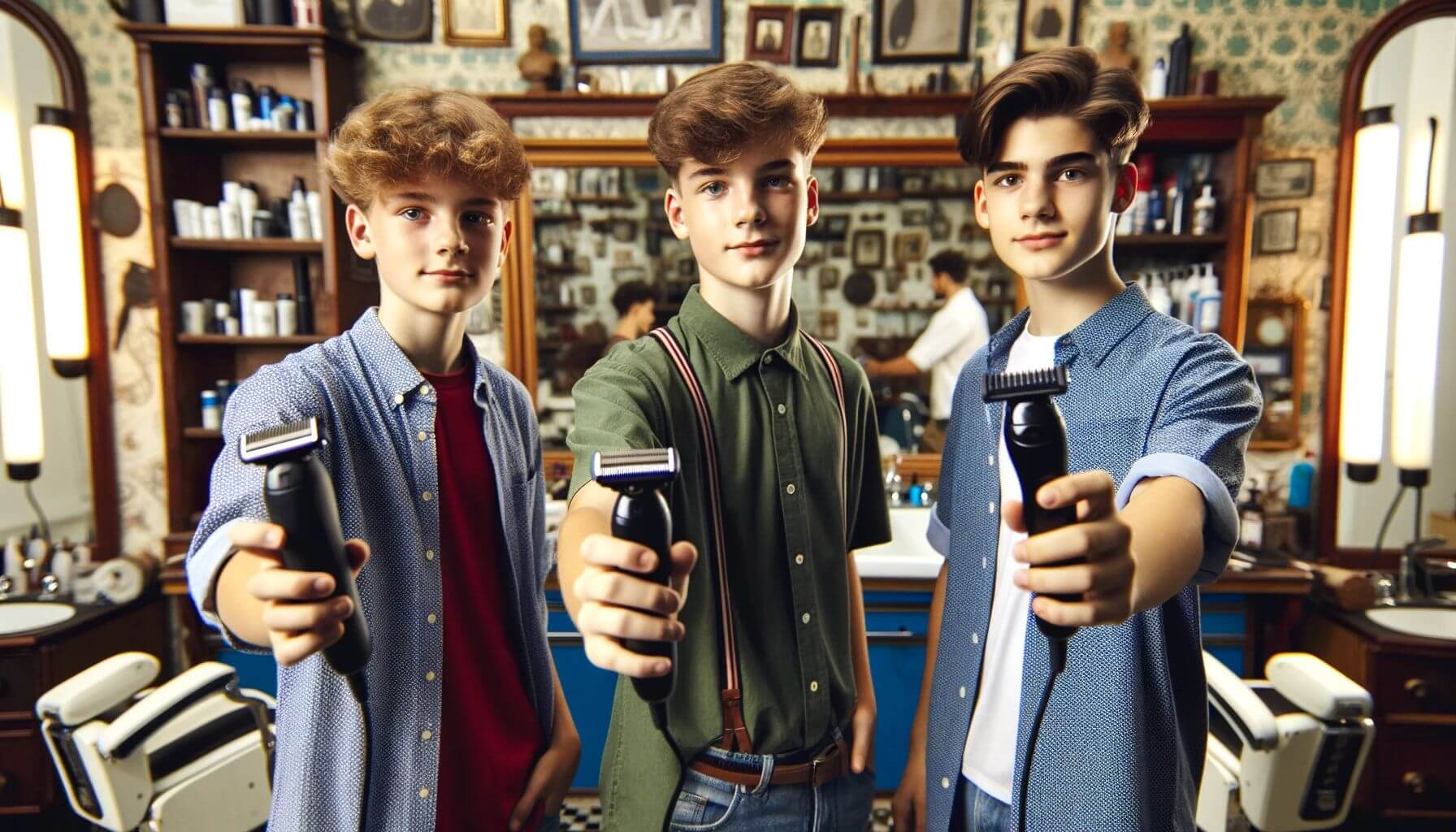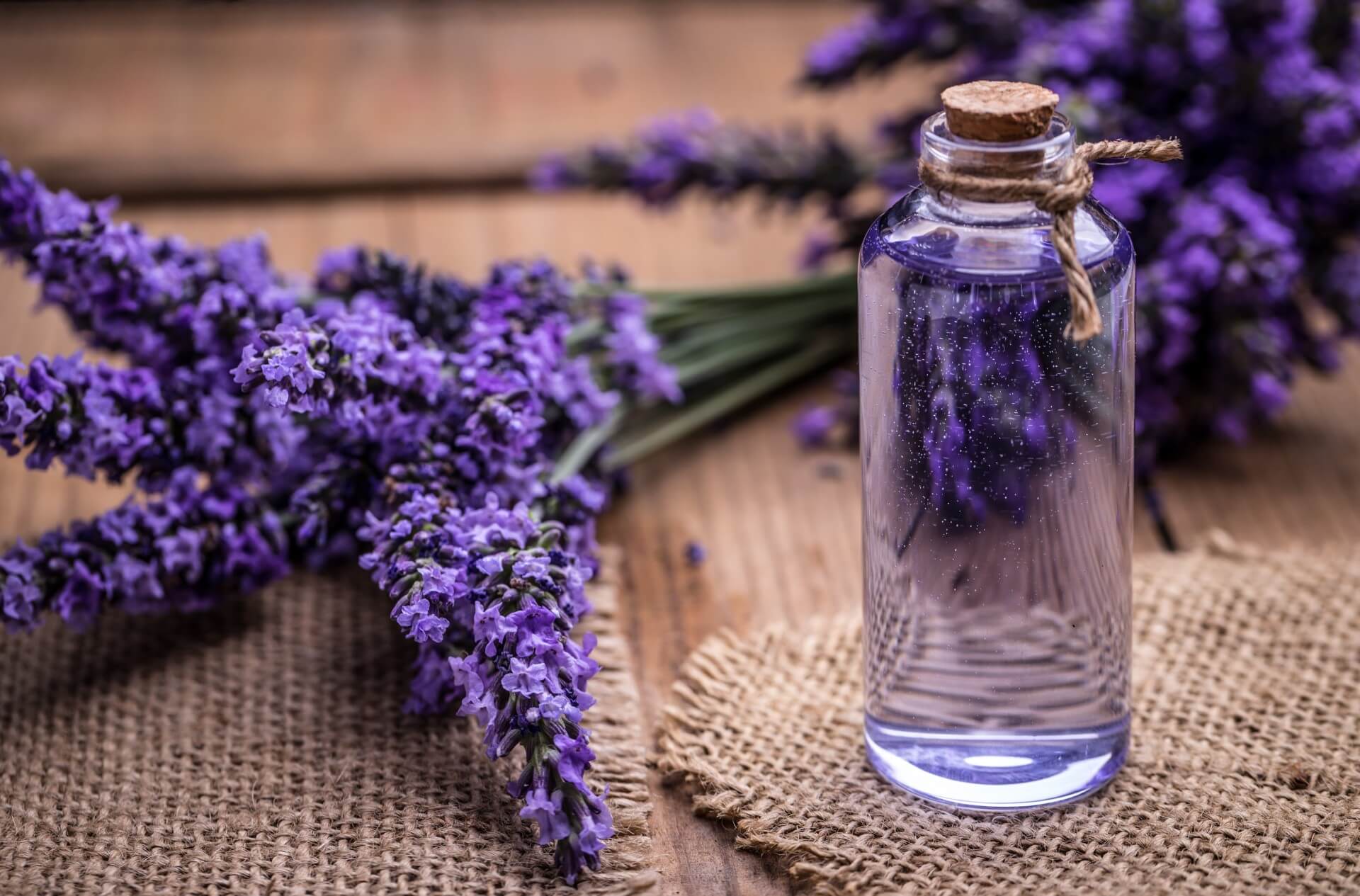To remember
- Is it good for your beard? Yes, it's excellent for moisturizing and nourishing the beard, preventing dryness and itching.
- Does it grow beards? It does not stimulate growth directly, but creates a healthy environment for natural growth.
- Benefits for the beard Balances sebum production, reduces dandruff and strengthens beard hair.
- How many times a week should I use it? 2 to 3 times a week, especially after showering for optimal moisturizing.
- What oils to combine it with? It goes well withargan oil for extra hydration orcastor oil to strengthen the beard.
Jojoba oil is a precious ally for beard enthusiasts! Its unique composition, close to the skin's natural sebum, enables it to deeply moisturize the beard and the skin underneath, without leaving a greasy residue. It protects against external aggressions and keeps the beard in good health.
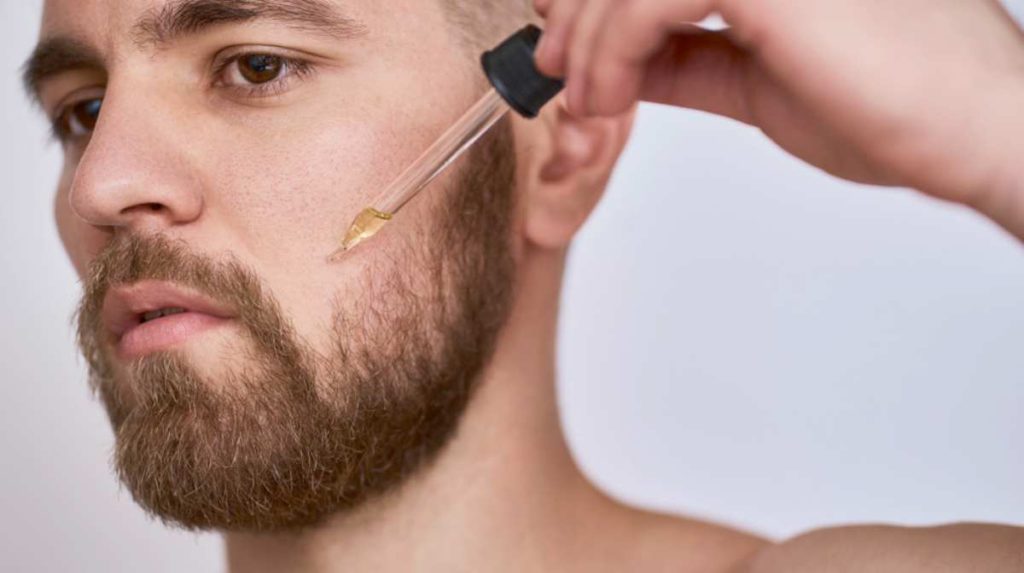
Is jojoba oil good for the beard?
Yes, jojoba oil is particularly beneficial for beards!
Its chemical structure, similar to human sebum, enables rapid, effective absorption, moisturizing beards and underlying skin.
It helps maintain the skin's natural moisture level, preventing dryness and itching.
What's more, its non-comedogenic nature ensures it won't clog pores, preventing skin irritation and rashes.
Does jojoba oil make my beard grow?
Although jojoba oil has no direct growth properties, it plays a crucial role in creating an environment conducive to healthy beard growth.
By nourishing hair follicles and regulating sebum production, it reduces the risk of inflammation and dandruff, factors that can hinder beard growth.
As a result, a beard well cared for with jojoba oil can appear denser and grow more evenly.
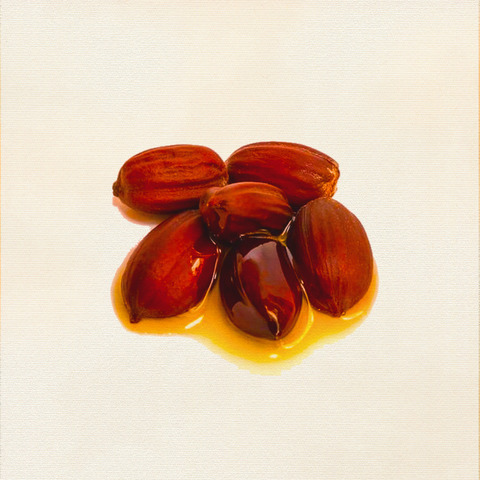
What is jojoba oil?
Jojoba oil is a waxy liquid extracted from the seeds of the jojoba bush. It is unique in that it is chemically very close to the sebum produced by our skin.
It is therefore extremely well absorbed and beneficial to beard and skin health.
Key features:
- Non-comedogenic Does not clog pores, reducing the risk of acne and other skin irritations.
- Rich in nutrients Contains vitamins E and B, as well as essential minerals, to nourish and protect beard skin and hair.
- Adaptability Suitable for all skin types, including sensitive and oily skin.
- Stability Its chemical composition gives it a long life without going rancid, making it economical and practical for regular use.

What are the benefits of jojoba oil for beards?
- Hydration Jojoba oil penetrates deep into beard hair and skin, providing long-lasting hydration and preventing dryness and itching.
- Sebum regulation : By mimicking natural sebum, it helps regulate its production, preventing excess oil or dryness on your hair.
- Dandruff prevention By keeping the beard and underlying skin moisturized, it reduces the formation of dandruff.
- Hair strengthening Nutrients in jojoba oil nourish beard hair, making it stronger and less prone to breakage.
How do I use it on my beard?
- Clean your beard with a mild shampoo.
- Dry lightly with a towel.
- Apply a few drops of jojoba oil to your hands.
- Gently massage into beard and skin underneath.
- Comb to distribute evenly.
Jojoba beard oil recipe
- 30 ml jojoba oil
- 10 ml ofargan oil
- 5 drops ofcedarwood essential oil (for aroma)
- 3 drops vitamin E (for preservation)
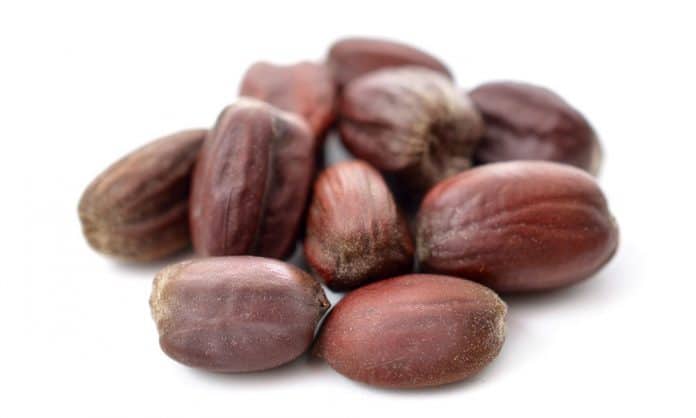
Alternatives to jojoba oil
- Argan oil Similar in terms of hydration, it's also rich in vitamins and antioxidants, boosting beard health.
- Castor oil Helps promote beard density and strength thanks to its fatty acids and vitamins.
- Coconut oil Very nourishing, it is excellent for the skin and adds shine and softness to the beard.
- Sweet almond oil Gentle on the skin, it moisturizes and softens the beard, ideal for sensitive skin.
- Linseed oil Rich in omega-3, it improves beard elasticity and vigor, as well as benefiting skin health.
Jojoba oil: a real elixir for your favourite coats!
Jojoba oil is a fantastic choice for beard care. Its moisturizing qualities, ability to balance sebum, and nourishing benefits make it a great ally for maintaining a healthy, elegant beard.







